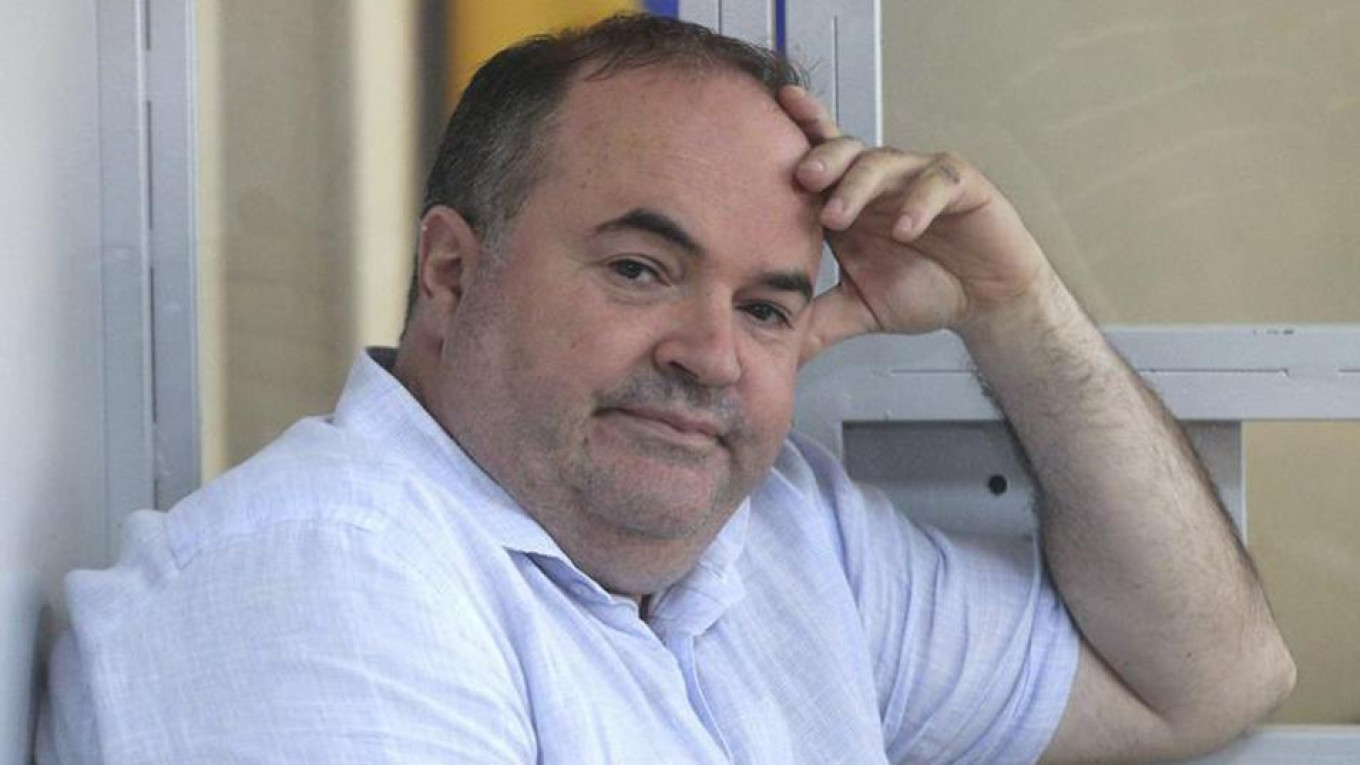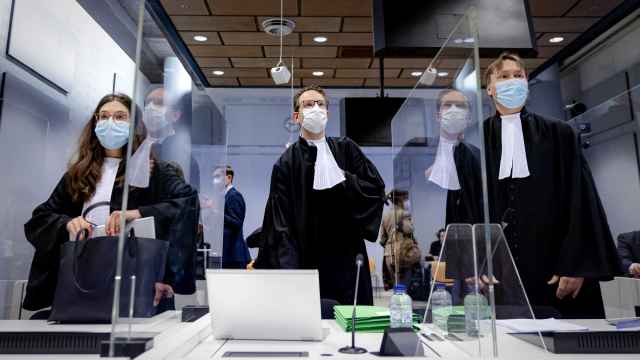The suspected go-between in the staged murder of a dissident Russian journalist in Kiev has said he had been receiving instructions from Moscow.
On Thursday, a Kiev court ordered the detention of Borys Herman for his suspected involvement in the plot to kill Russian journalist Arkady Babchenko, including handing over $15,000 to the would-be killer. Babchenko said that he had cooperated with Ukrainian security officials to fake his own death on Tuesday in order to evade what he says was a Russian plot to assassinate him.
“I got a call from a longtime acquaintance who lives in Moscow,” the suspect, Borys Herman, said in court.
“In the process of communicating with him, it turned out that he works for the fund of Comrade Putin precisely to orchestrate destabilization in Ukraine.”
Herman identified Vyacheslav Pivovarov as the longtime acquaintance, Russia’s investigative Novaya Gazeta newspaper reported. The Bell news website identified Pivovarov as the co-founder or manager of several Ukrainian entities who listed St. Petersburg as his last place of residence.
“We knew perfectly well that there would be no killing,” Herman said, adding that his work was done “only for the benefit of Ukraine.”
Herman went on to claim that he had been working for Ukraine's counterintelligence services when staging the murder, a claim that the prosecutor later dismissed as untrue, Novaya Gazeta reported.
Ukrainian authorities accuse Russia of trying to destabilize Ukraine through a series of targeted assassinations. The Kremlin called accusations of Russian involvement "the height of cynicism."
One of Herman's lawyers said he would appeal the decision to detain him.
Reuters contributed reporting to this article.
A Message from The Moscow Times:
Dear readers,
We are facing unprecedented challenges. Russia's Prosecutor General's Office has designated The Moscow Times as an "undesirable" organization, criminalizing our work and putting our staff at risk of prosecution. This follows our earlier unjust labeling as a "foreign agent."
These actions are direct attempts to silence independent journalism in Russia. The authorities claim our work "discredits the decisions of the Russian leadership." We see things differently: we strive to provide accurate, unbiased reporting on Russia.
We, the journalists of The Moscow Times, refuse to be silenced. But to continue our work, we need your help.
Your support, no matter how small, makes a world of difference. If you can, please support us monthly starting from just $2. It's quick to set up, and every contribution makes a significant impact.
By supporting The Moscow Times, you're defending open, independent journalism in the face of repression. Thank you for standing with us.
Remind me later.






